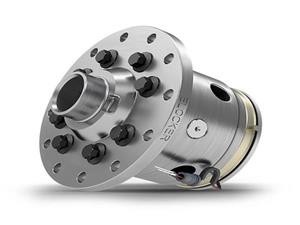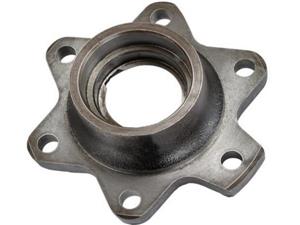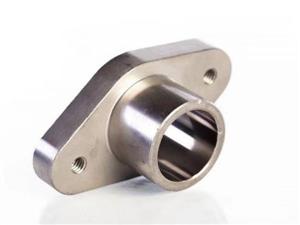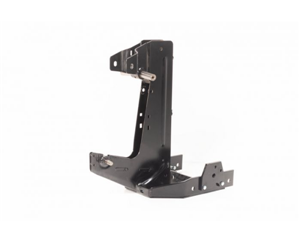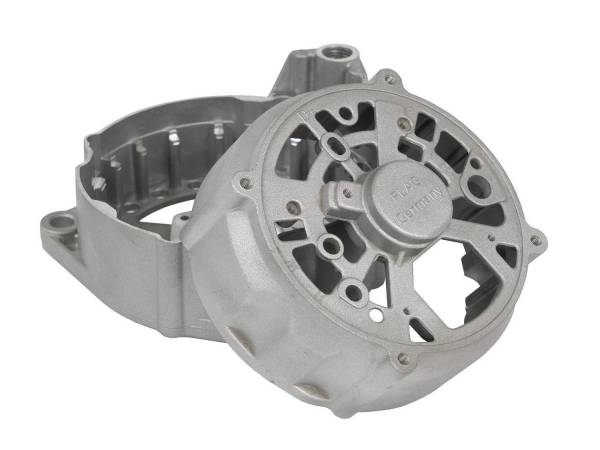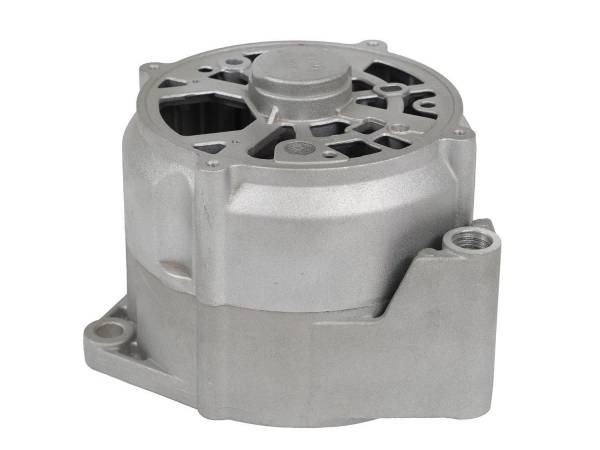What is the difference between casting and forging in mold manufacturing
In mold manufacturing, we often hear the words casting and forging. What is the difference between the two manufacturing processes?
1.Casting
Casting is the process of melting metal into liquid meeting certain requirements, pouring it into the mold, cooling, solidification and cleaning to obtain castings (parts or blanks) with predetermined shape, size and performance, which is the basic process of modern machinery manufacturing industry.
The cost of the blank produced by casting is low, and it can show its economy for the parts with complex shape, especially for the parts with complex inner cavity; At the same time, it has wide adaptability and good comprehensive mechanical properties. However, there are many materials and equipment required for casting production, and dust, harmful gas and noise will be produced to pollute the environment.
Casting types are customarily divided into:
① Ordinary sand mold casting includes three types: wet sand mold, dry sand mold and chemical hardening sand mold.
② The special casting can be divided into two types according to the molding material: the special casting with natural mineral sand as the main molding material and the special casting with metal as the main molding material.
The casting process is divided into:
① The mold preparation can be divided into sand mold, metal mold, ceramic mold, clay mold, graphite mold, etc. according to the materials used; It can be divided into disposable type, semi-permanent type and permanent type according to the number of use. The quality of mold preparation is the main factor affecting the casting quality;
② The melting and pouring of casting metals, including cast iron, cast steel and cast nonferrous alloys;
③ Casting treatment and inspection, including removal of foreign matters on the core and casting surface, removal of gating and riser, scraping and grinding of burrs and seams, as well as heat treatment, shaping, anti-rust treatment and rough machining.
2. Forging
Forging is a processing method that uses forging machinery to exert pressure on the metal blank to produce plastic deformation to obtain forgings with certain mechanical properties, shape and size. It is one of the two major components of forging.
Through forging, the as-cast porosity and welding holes of metal can be eliminated, and the mechanical properties of forgings are generally better than those of castings of the same material. For the important parts with high load and severe working conditions in machinery, forgings are mostly used except for the plates, profiles or weldments with simple shapes that can be rolled.
Forging is divided into:
① Open forging (free forging) uses the impact force or pressure to make the metal deform between the upper and lower wedges to obtain the required forgings, mainly including manual forging and mechanical forging.
② The closed mode forging metal blank is obtained by compression deformation in the forging die chamber with a certain shape, which can be divided into die forging, cold heading, rotary forging, extrusion, etc.
It is divided into:
Forging can also be divided into hot forging (the processing temperature is higher than the recrystallization temperature of the blank metal), warm forging (lower than the recrystallization temperature) and cold forging (normal temperature).
Forging materials are mainly carbon steel and alloy steel with various components, followed by aluminum, magnesium, titanium, copper and their alloys. The original state of materials includes bar, ingot, metal powder and liquid metal. The ratio of the cross-sectional area of the metal before deformation to the cross-sectional area of the die after deformation is called the forging ratio. Correct selection of forging ratio has a great relationship with improving product quality and reducing costs.

